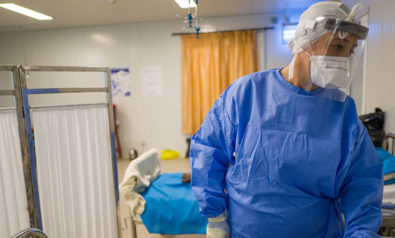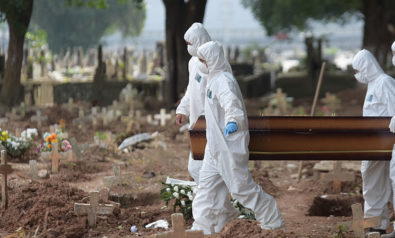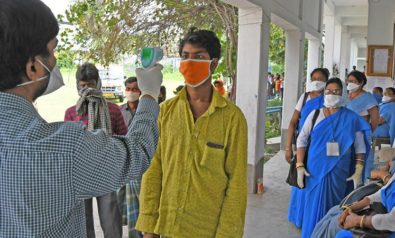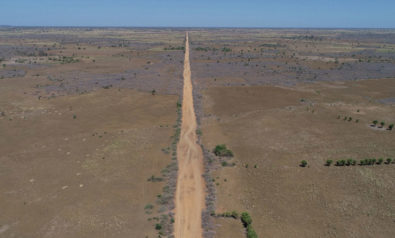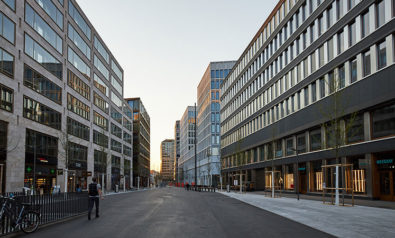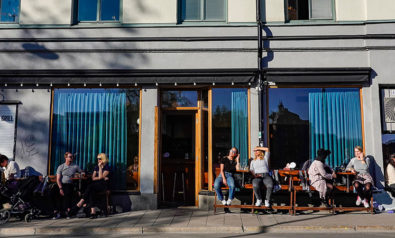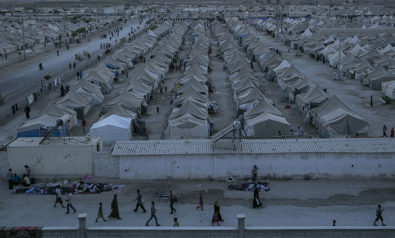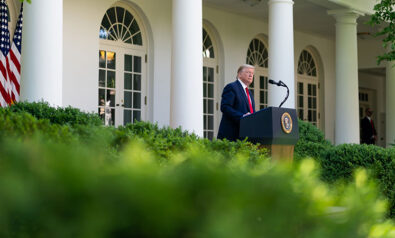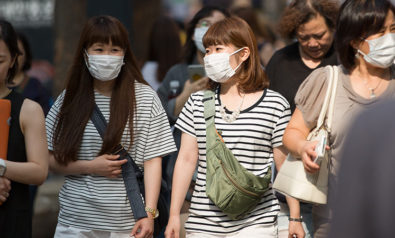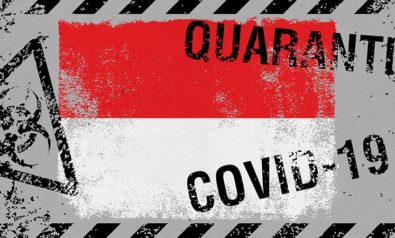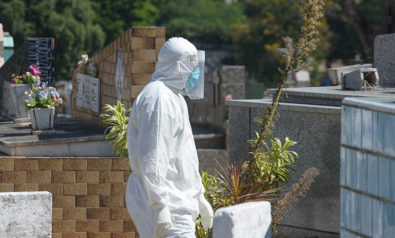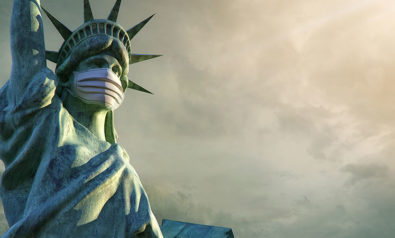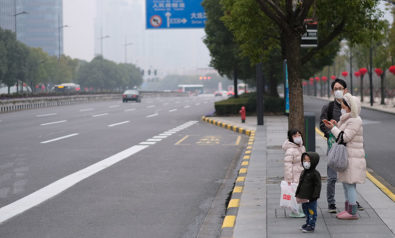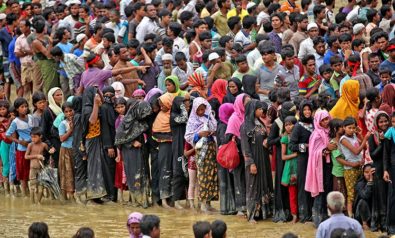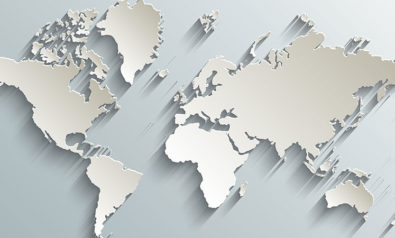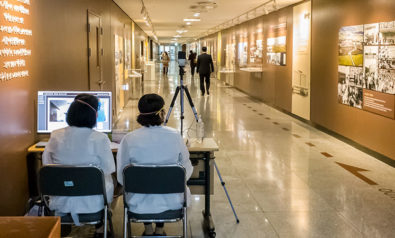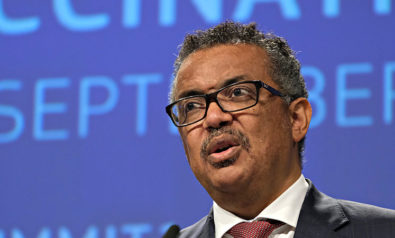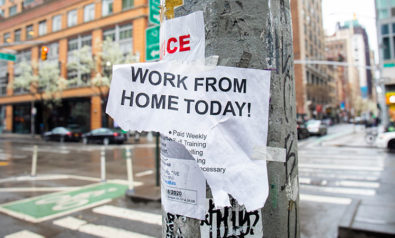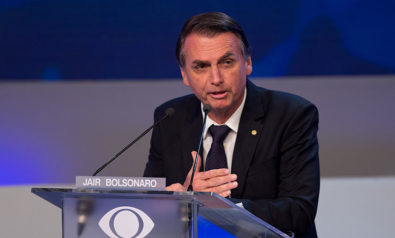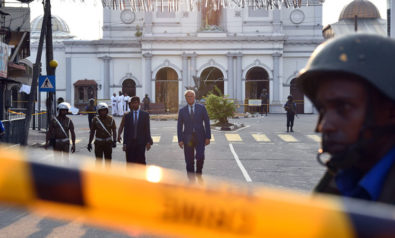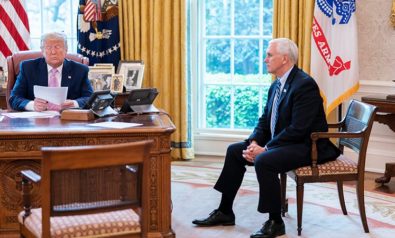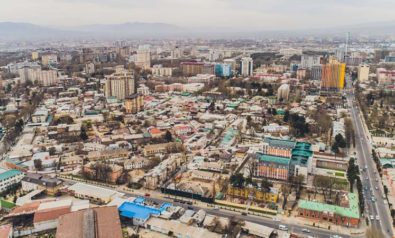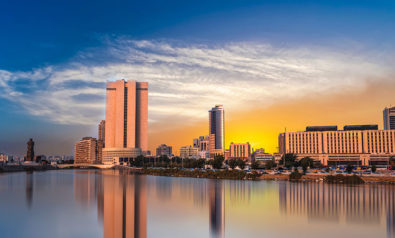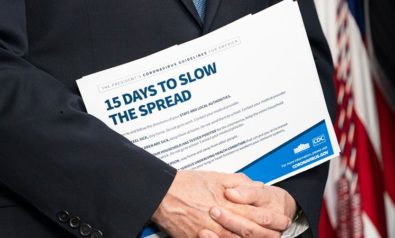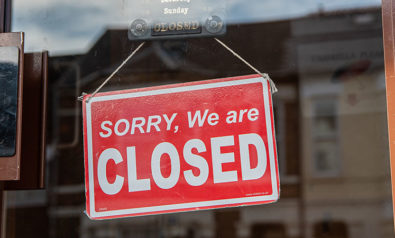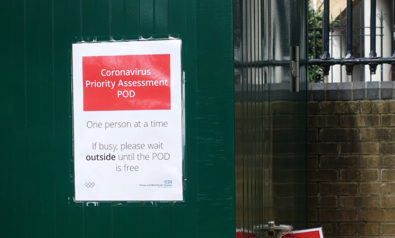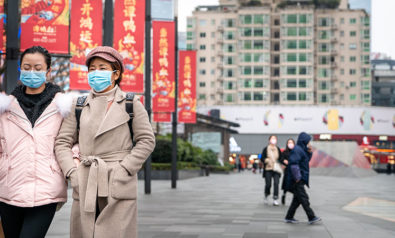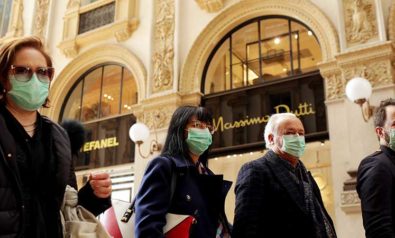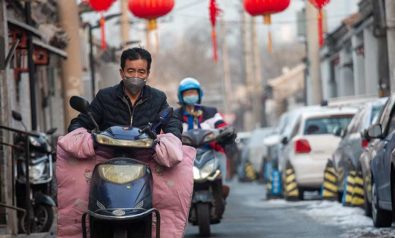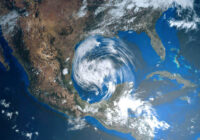On April 5, India responded to Prime Minister Narendra Modi’s call to light earthen lamps for nine minutes at 9 pm. Earlier on March 19, he appealed for a 14-hour “people’s curfew” three days later. On March 25, Modi imposed a national lockdown over 1.3 billion people, the biggest such exercise in the world.
Bringing Stranded Workers in Indian Cities Back to Their Villages
Modi might have been decisive in announcing a lockdown, but India’s health care system is utterly unprepared for the novel coronavirus that causes COVID-19. As of April 6, India had reported less than 4,300 infected cases and tested only 130,000. This amounted to a mere 93 tests per million and only three cases per million, one of the lowest ratios in the world. These numbers have since changed, but the ratios remain low and have become the subject of controversy.
Little Rationale to Modi’s Actions
A century ago, Modi’s response to COVID-9 may have been simply fine. The world had few tools to deal with pandemics. A blanket approach, a bit like carpet bombing during wartime, seemed sensible. Today, our knowledge has evolved, and a more sophisticated response is possible, even though we are still learning about the disease.
Even from a century-old perspective, one aspect of Modi’s response was little short of comic. The idea of a people’s curfew was a cruel joke on the people because it was, in reality, mandatory. He did little but prove to the world that his diktat could bring the wheels of the nation to a grinding halt.
In the past, social activist Anna Hazare brought India to a halt in his anti-corruption movement in 2011. George Fernandes, a socialist politician, did the same in a different way. As the leader of the railway workers union, he brought trains to a standstill in 1974. His slogan, “Better Jail Than Rail,” galvanized workers agitating for better pay and working conditions. Purportedly, this strike gave Indira Gandhi the idea of imposing a state of emergency on the country in 1975. Each of these actions could be said to have a rationale.
In contrast, Modi’s “people’s curfew” lacked rhyme or reason. Any effective quarantine had to be for the duration of the lifecycle of the virus. Anything less would have been meaningless and futile. And just clapping for anyone, including health workers, without giving them adequate personal protective equipment (PPE) or resources, was childish. Using the policemen who do not consider their paymasters — the citizens — to be any better than street dogs to impose the curfew was little short of sadistic.
Considering Modi had a few days to think through the challenges of the COVID-19 crisis, I would have expected him to come up with a strategic plan. Instead, on March 24, he sprang on the nation a complete lockdown, demonstrating that his government had lost all policymaking instincts necessary to run a nation.
Since March 24, I have been examining successive gaffes of Modi’s time in power since 2014. One policy announcement after another has been the government’s modus operandi. Little attention was paid to implementation. Most announcements have thus remained mere announcements and few policies have achieved even 50% of the targets he set for them.
Part of a Familiar Pattern
Modi’s COVID-19 policy follows the same pattern of his time in office. It was simply not thought through. It had no reference point. It had no understanding of what it takes to achieve the targets he wanted to set. It was a knee-jerk reaction that completely failed to anticipate the consequences of its action.
A reasonable policy response would have involved stopping the virus from being imported from outside the country, stopping the infection from spreading within the country, treating the patients who were identified and preparing for a surge of cases. On February 4, the Modi government stopped all travel from China to India, four days after the US did the same. By then, some asymptomatic carriers of COVID-19 might have already entered India and it may have taken four to five weeks before they were identified.
India began tightening restrictions on travel from outside India by the end of the second week of March. This might have been a little late. More importantly, not creating facilities for testing all incoming passengers was unwise. After all, anyone coming from high-risk countries — Indian citizens and foreign ones — presented a risk. The Modi government displayed much ineptness in the early days in managing the fast-emerging pandemic.
Under any administration, creating testing facilities for travelers from all high-risk countries would have been a top priority. Enforcing quarantines on those infected or suspected of being infected was the next step. Making tests available to anyone suspected of symptoms, minimizing domestic travel and ensuring the provision of basic services to citizens were other important actions.
Instead of locking down the whole country, keeping a watch on where cases of the coronavirus surfaced and quarantining the local inhabitants as well as screening all may have been potentially at risk was the more sensible course of action. Letting essential services run, including trains, buses and planes at a certain basic level, was preferable to a complete lockdown. The people who were traveling could have been tested and traced.
As in South Korea, India could have asked its people not to leave home without a mask and disposable gloves, as well as emphasized that they wash their hands frequently to limit the spread of infection. An ideal solution could have been to design a face-shield, transparent, light and reusable that stayed fastened to the face since the real danger in this comes from touching the face. That could have become India’s contribution to handling a crisis such as COVID-19 innovatively.
Instead, Modi announced a draconian lockdown, giving Indians a laughably short window of a couple of hours to prepare. People had no time to adjust to the new realities, reminding everyone of the 2016 demonetization fiasco that saw banknotes abruptly withdrawn from circulation. His policy failed to account for issues that inevitably surfaced later. How would the vulnerable access medical care or get medicines? How would people, especially the poor, get food?
Modi put the mythical Lakshman Rekha — a line that one cannot transgress — at everyone’s doorstep, inflicting much misery on his people. The people who are hurting the most are daily wage workers. They buy their food with daily earnings and have little or no savings to live by. Thousands of them set out to walk hundreds of kilometers home. En route, the police and district authorities sprayed them with chemicals to disinfect them, treating them worse than animals. Some died on the way.
As per a much-quoted adage, there are many ways to skin a cat. No policy solution works perfectly against COVID-19. However, people in a democracy can expect the government to work for them, at least in a crisis. The government must treat its people — rich or poor, weak or strong, young or old, regardless of their religion or caste, their origins in a village or a city — with respect. Staffed by incompetent sycophants, the Modi government has miserably failed to do so.
The government could easily have kept the basic economic infrastructure running. Of course, it would operate at a lower activity level. Instead, the police beat first and ask questions later. Even delivery personnel of essential services like food and medicine are not spared. Modi has been in power for more than 70 months out of the 70 years India has been a republic. He is a charismatic Pied Piper who won his election promising good governance. Yet he is now running the worst government in India’s post-independence history.
The views expressed in this article are the author’s own and do not necessarily reflect Fair Observer’s editorial policy.
Support Fair Observer
We rely on your support for our independence, diversity and quality.
For more than 10 years, Fair Observer has been free, fair and independent. No billionaire owns us, no advertisers control us. We are a reader-supported nonprofit. Unlike many other publications, we keep our content free for readers regardless of where they live or whether they can afford to pay. We have no paywalls and no ads.
In the post-truth era of fake news, echo chambers and filter bubbles, we publish a plurality of perspectives from around the world. Anyone can publish with us, but everyone goes through a rigorous editorial process. So, you get fact-checked, well-reasoned content instead of noise.
We publish 2,500+ voices from 90+ countries. We also conduct education and training programs
on subjects ranging from digital media and journalism to writing and critical thinking. This
doesn’t come cheap. Servers, editors, trainers and web developers cost
money.
Please consider supporting us on a regular basis as a recurring donor or a
sustaining member.
Will you support FO’s journalism?
We rely on your support for our independence, diversity and quality.



